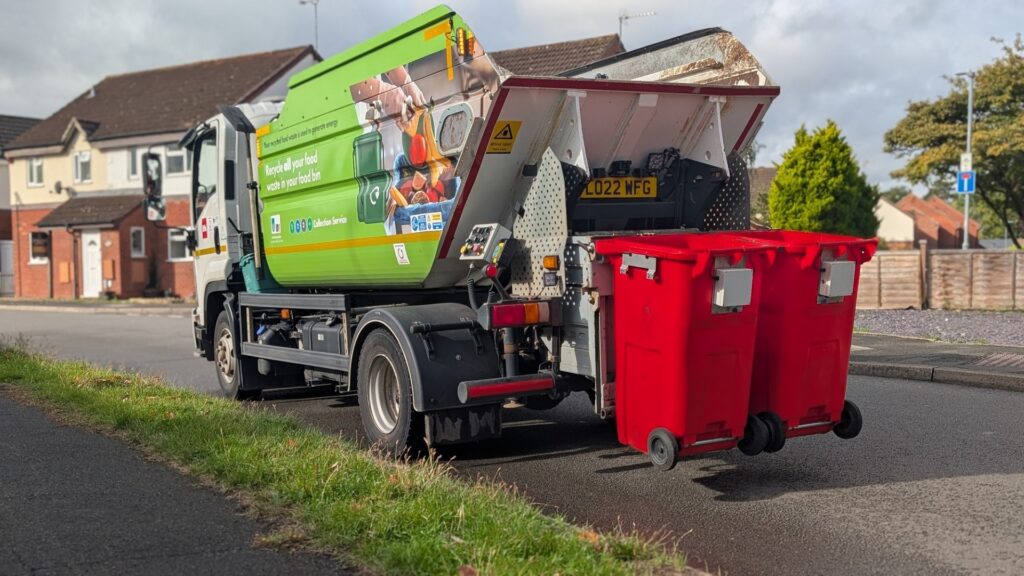The company's parent group, Brambles, released its preliminary results for the year up until June 30, 2003, yesterday and the comments on Cleanaway were made alongside the figures. Brambles' results show an increase in revenue of 6% to 2.9 billion but an operating profit at 359 million, 2% lower than the previous year.
The overall results for Brambles was hit by exceptional costs arising from restructuring at the group's European pallet business, CHEP which was a factor behind a slump yesterday in the share value of the company. But, in the UK the results said that Cleanaway had performed well and “generated excellent cash flow in a difficult market”.
Cleanaway's reported turnover in 2003 was 964 million globally, up from 916 million the year before. Operating profit fell however by 4% to 96 million, down at 97 million in 2002.
Brambles chief executive Sir CK Chow said: “The significant improvement in cash flow performance in the year is evidence of our commitment to improve asset productivity and generate stronger returns for our shareholders.”
He added: “Cleanaway and Brambles Industrial Services have continued to outperform their competitors in challenging markets.”
Municipal
The financial said that Cleanaway had increased its share of the outsourced municipal waste collection market in the UK with a municipal order book worth 755 million at the end of June 2003. The company said its materials recycling facility at Rainham, Essex, was “running ahead of expectations” and reported on the construction of its new MRF in Greenwich.
The company warned that is being affected by the introduction of the Landfill Directive through a reduction in the technical waste being processed through its landfill facilities. This is understood to refer primarily to hazardous waste materials and the perforance of the company's high temperature incinerator.
On a positive note, Brambles said: “Cleanaway has proved itself a creditable partner in helping its customers achieve the goals set out in the UK government's strategy document, UK Waste Strategy 2000, and is well positioned to benefit from the trend towards increased recycling of waste.”







Subscribe for free